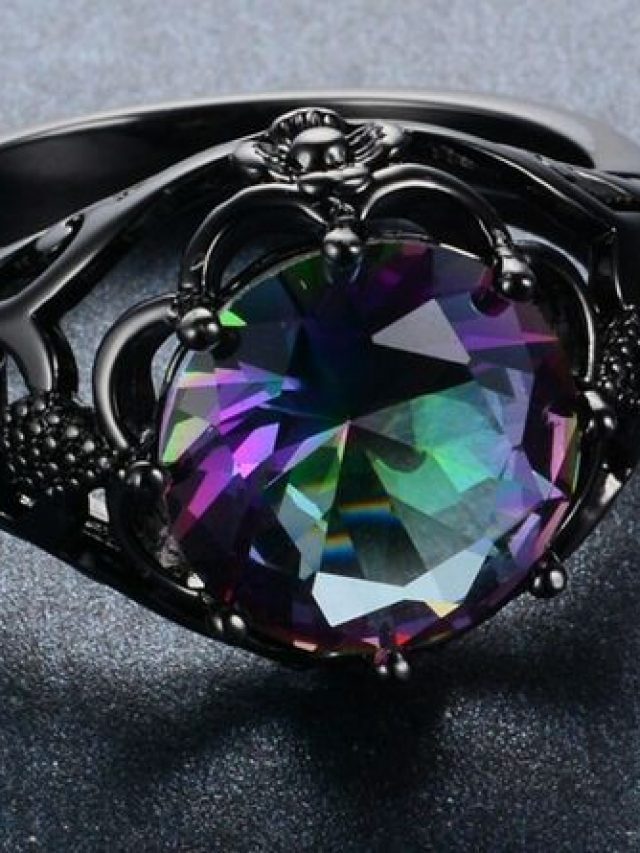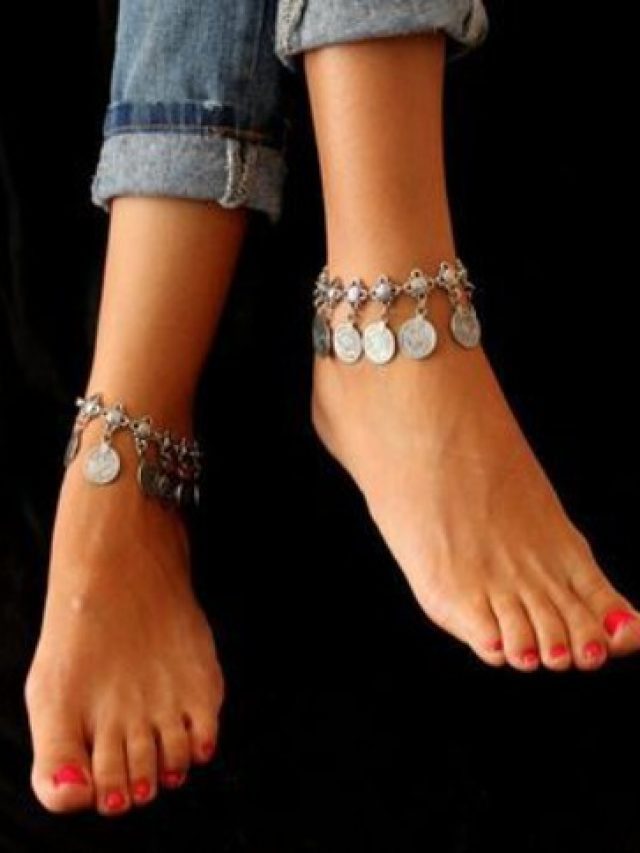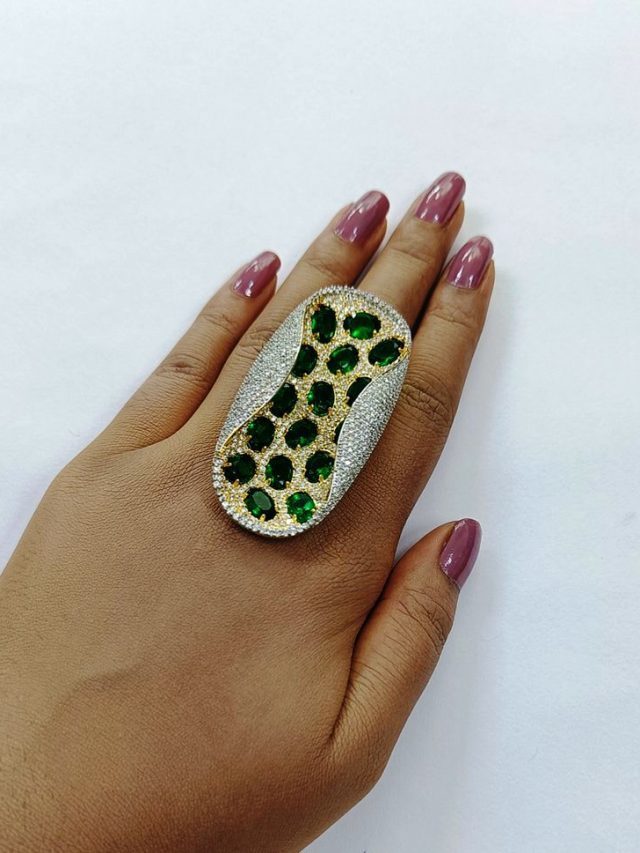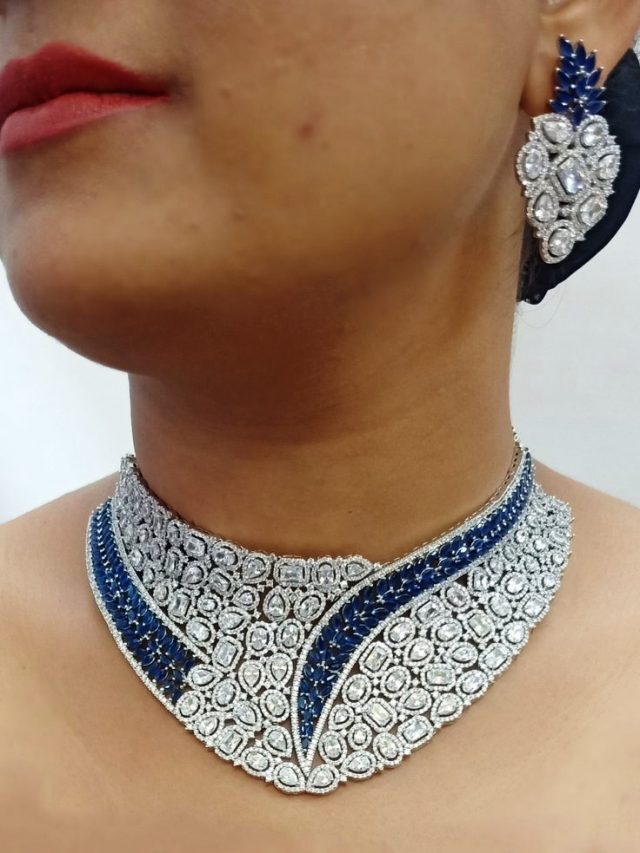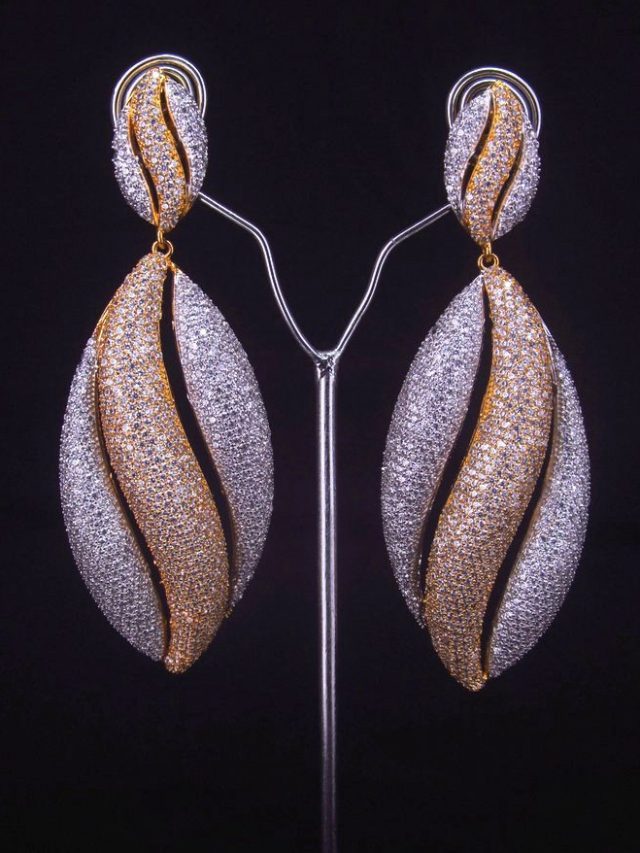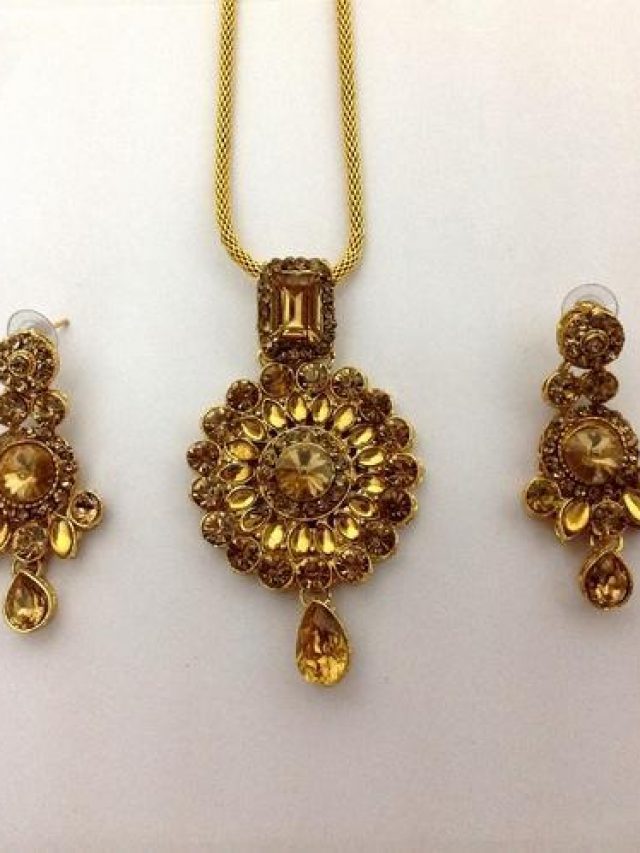
[ad_1]
Colourless with a greenish-yellow tint, the Sancy is a 55.23-carat, shield-shaped stone said to be one of the first diamonds to be cut with symmetrical facets. It is also unusual because the gem has no pavilion – just a pair of crowns.
Fact Sheet
• Weight: 55.23 carats
• Dimensions: 25.7mm x 20.6mm x 14.3mm
• Colour: colourless
• Rough weight: unknown
• Origin: India
• Date found: Prior to 1570
• Current location: Louvre, Paris
History of the stone
In 1570, the Sancy was purchased in Constantinople by the French Ambassador to Turkey, Nicholas Harlai. The Seigneur de Sancy, as he was known, was an avid collector of gems and he brought the diamond to France where Henry III borrowed it to decorate a small cap.
During the next reign, when Harlai was made superintendent of finance, Henry IV borrowed the gem as security for a loan to hire soldiers.
Following this, Harlai sold the diamond to James I and it remained in England until James II fled to France in 1669, selling the stone to Louis XIV.
Others say the Sancy was pledged to the Duke of Epernon for 460,000 livres. In 1657, Cardinal Mazarin paid off the Duke and bequeathed the Sancy to Louis XIV. In 1792, at the beginning of the French Revolution, the Sancy and other famous gems were stolen from the Royal Treasury in Paris.
It reappeared in 1828 and was sold by a French merchant to Prince Anatole Demidoff of Russia, who is recorded as selling it in 1865 for $US100,000.
Two years later, it was displayed bearing a price tag of one million francs at the Paris Exhibition by a French jeweller, G. Bapst.
In 1906, the sancy was purchased by William Waldorf Astor as a wedding present for his daughter-in-law. Upon her death in 1964, the celebrated stone was set in a mounting that permits it to be affixed to a head ornament.
It is now in the Louvre Museum in Paris.
WATCH VIDEO
ABOUT SCOTT SUCHER
When one thinks of diamonds, Tijeras, New Mexico is not the first place that springs to mind, but it’s home to Scott Sucher, the Master behind the research and replicas that form the World Famous Diamonds.
Scott Sucher’s lifelong interest in geology commenced when a local museum hosted an exhibition of famous diamonds made of quartz when he was just a young boy. Whenever he could find time in his busy life, he published a collection of internet articles and lectures.
After retirement, Sucher returned to stone cutting with renewed vigour when a Discovery Channel producer requested help for a program on famous diamonds. The 14-month collaboration resulted in Unsolved History: the Hope Diamond, which first aired in February 2005.
The program gave Sucher the chance to handle the unset Hope diamond, the 31-carat Blue Heart diamond and Napoleon’s necklace – a 234-diamond necklace that Napoleon gave to his second wife Marie-Louise.
Sucher then worked with the Natural History Museum in London to recreate a replica of the historic Koh-i-noor. The entire process took 12 months – photo analysis took four months alone – and concluded in July 2007. The cutting alone took 46 hours, and Sucher likened it to “brain surgery, as one mistake can be non-recoverable.”
Sucher continues his work in partnership with many other experts and museums in the field. If anyone knows anything about the world’s most famous diamonds, it’s Scott Sucher.
To follow his ongoing works click here.
[ad_2]
Source link













